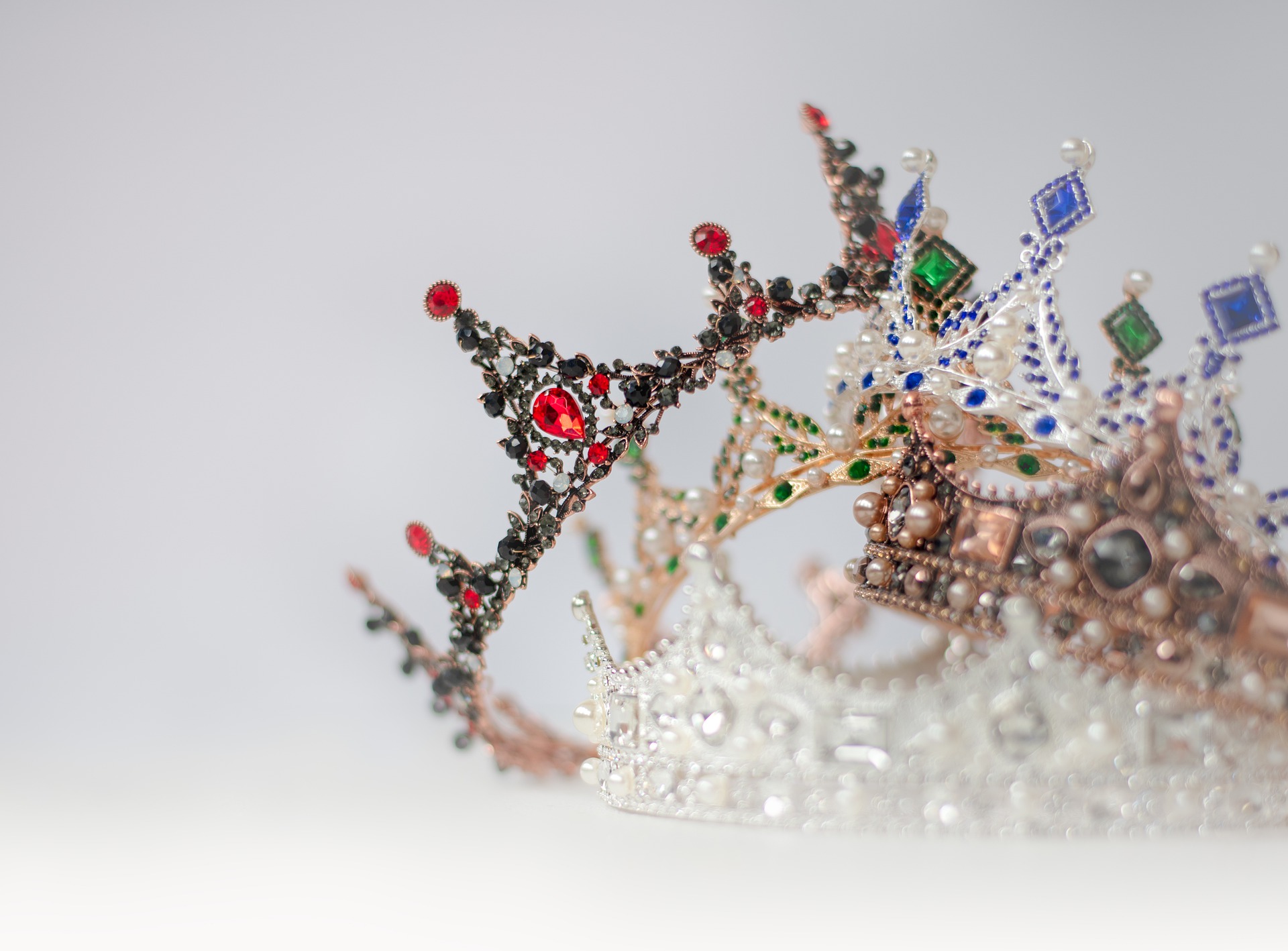- All
- Wisdom
- We Stand on Their Shoulders
- Vocation
- Uncategorized
- Stories Seldom Heard
- Spirituality
- Social Justice
- Prayer
- Peace
- Oneness
- Love
- Letting Go
- Lent
- Joy
- Inspirational Images
- Hope / Healing
- Holy Week
- Gratefulness
- God's Presence
- General News Stories
- Forgiveness
- Finding God
- Faith
- Easter
- Dominican Saints
- Discipleship
- Courage
- Christmas
- Catholic Sisters Week
- Care of the Earth
- Blessing
- Beauty
- Advent
- #justiceOPportunity
Feast of the Epiphany
Sr. Patricia Bruno, OP

258th Edition January 2021
Written on December 21, 2020
 Jupiter and Saturn appeared closer in Earth’s night sky than they have, according to the Weather Channel, since 1226. They formed the rare “Christmas Star” on this year’s winter solstice.
Jupiter and Saturn appeared closer in Earth’s night sky than they have, according to the Weather Channel, since 1226. They formed the rare “Christmas Star” on this year’s winter solstice.
January 6 is the official Feast of the Epiphany. However, for many of us as we sought out and identified the Christmas Star on the evening of December 21, our attention turned toward two events: the birth of Christ and the eventual arrival of the Magi. It is wise of the Church to separate these two important feasts because it gives us time to savor and celebrate two aspects of Jesus’ birth.
The word epiphany has two meanings. When it’s capitalized it refers to the manifestation of Christ to the gentiles. In lower case, it is often used to refer to a significant insight or dramatic moment in a person’s life that effects a major change in her/his behavior or perspective. Like many of you, I have read stories of the saints who have had these extraordinary experiences that changed their lives. Probably one the most well-known story is that of Thomas Merton. Merton, standing on the corner of Fourth and Walnut in downtown Louisville, was suddenly overwhelmed with the realization that he loved all those people he was seeing. He said, “They were mine and I theirs…we could not be alien to one another even though we were total strangers” (1). That insight not only startled him but also slowly changed the direction of his life. No doubt, this and other experiences of the Divine led Merton to address the following challenge to us who pray to know and experience Christ more fully: “Make ready for Christ, whose smile, like lightning, sets free the song of everlasting glory, that now sleeps in our paper flesh.”
This challenge “to make ready,” to be aware of the closeness of God in our lives might sound rather awesome, too big for us to accept. But in truth, this is what each of us seeks as we pray, practice justice, compassion, and mercy towards ourselves and others. We might not have biographies written about our epiphanies and our spiritual awakenings, but each of us has had them. Each of us, when we reflect on our lives can identify times when we have had a profound insight or a moment of truth that changed our behavior or our perspective. Each of us has had experiences, epiphanies, that have led us on the path of deeper compassion, more complete forgiveness and/or acceptance of others.
One of the “epiphany” stories a friend, I’ll call her Jane, shared was about her prayer life. Even though Jane was a woman religious in her thirties, she never felt she could pray. She had never felt God’s presence in her life. Prayer was just an empty routine. One year, Jane went on an extended retreat. Once a week the retreatants had a “free day” when they could leave the campus of the retreat center. Jane went downtown and soon found herself in an unfamiliar neighborhood. It was very rundown. It was late afternoon and extremely cold.
As Jane was waiting for the bus, a woman came out of a seedy-looking hotel room and called to Jane. “Honey, you’re going to freeze out there. Come on into my room.” Jane hesitated, but she was wearing a light windbreaker and it was very cold. The woman, Carolyn, told Jane about her life. Some of the stories were very harsh. In the middle of one of the stories, Jane saw the last bus of the day pass by and her heart sank. Without missing a beat, Carolyn reassured Jane that her friend, who also lived in the hotel, had a truck. They would drive Jane home. Soon all three women crunched together in the cab of a very old pickup. They drove Jane back to the retreat center. It didn’t happen immediately, but a few days later Jane told her Retreat Director, “I have met Jesus and her name is Carolyn.”
If we pay attention, we will recognize the big and little epiphanies in our daily lives. Saints and mystics are more common than we think. Look in the mirror. The one looking back at you is “the paper flesh” where Christ dwells. So today and everyday “make ready.” Jupitar and Saturn are no longer visible in our night skies, but the Christmas Star can never be extinguished in our hearts or our world.
Grace has a history. In the coming year, most of us will be freed from our isolation. From January 1-6, we might want to reflect on the history of grace in our lives and the many large and small epiphanies that have led us to where we are today. If there is a darkness we are facing today, we might also bring that to mind and prayer and ask Christ to make us ready so we might recognize the Light Christ offers us again today. Another way to express our gratitude and to celebrate the Epiphany is to read, with gratitude in our hearts, T.S. Eliot’s poem “The Journey of the Magi.” (2) You will not be disappointed.
- Thomas Merton, Conjectures of a Guilty Bystander, Doubleday Religion, a division of Random House, Inc., New York, 1966.
- “The Journey of the Magi” and a brief explanation of the poem can easily be found on the internet.
